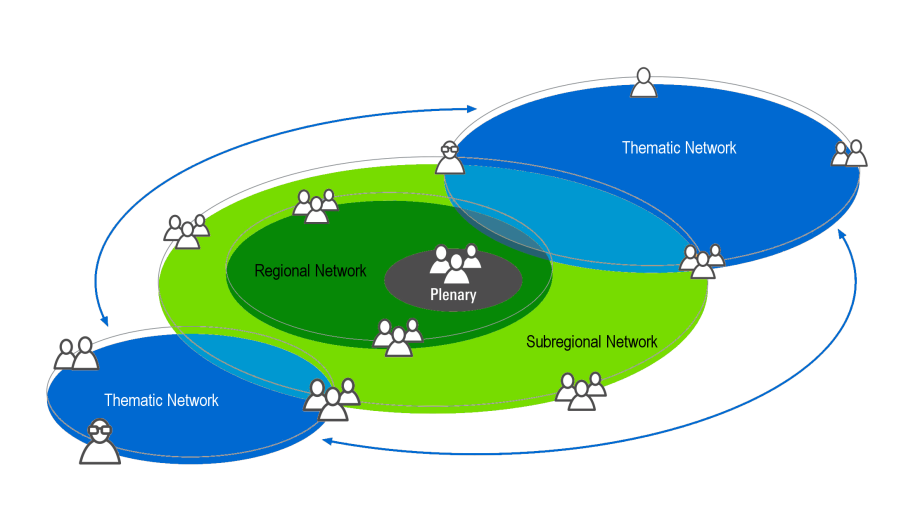Nested Networks:
Between wishful thinking, empirical evidence and practical relevance
International Workshop
22 − 24 May 2013

Venue:
Building 1.0, Room: VTS
Helmholtz Centre for Environmental Research − UFZ
Permoserstr. 15, D-04318 Leipzig, Germany
Workshop Goals
The objective of this workshop is to take stock of the discussion on nested networks (NesNet). Introduced at the IMoSeb workshop in Leipzig in 2006, the NesNet concept argues essentially to turn away from a monolithic, centralized and hierarchical epistemic community toward a more pluralistic, decentralized and heterogeneous knowledge-politics interaction across scales and levels. The concept has travelled over established boundaries; it has been (widely) diffused through academic and policy making circles, and been re-adapted and (con-)tested in many ways. At the upcoming workshop, we aim to collect experiences from these journeys through different worlds and to discuss the relevance of the concept from different perspectives. The aims are to review
- its analytical coherence and originality as a heuristic tool for describing the governance devices, processes and structures of environmental expertise across scales and levels;
- the empirical evidence in terms of “real life” sites of opening up, decentralizing and nesting governance processes and structures taking into account the diversity of knowledges, actors, value and contexts; and
- the political relevance and legitimacy in terms of presenting alternatives to the linear model of policy advice.
The UFZ ‘science policy expert group’ will present the conceptual framework and empirical findings from case studies on the Intergovernmental Panel on Climate Change (IPCC), Millennium Ecosystem Assessment (MA), the Intergovernmental Science-Policy Platform on Biodiversity and Ecosystem Services (IPBES), the Economics of Ecosystems and Biodiversity (TEEB), and practical experiences from different attempts of putting the concept into practice.
We bring together practitioners such as scientists participating in transnational assessments, representatives from “user institutions” (UNEP, national governments, stakeholder and civil society organisations) and outstanding researchers from different disciplines. All workshop participants are invited to give their feedback, and to engage in a lively discussion.
Contact
Alejandro Esguerra
Helmholtz Centre
for Environmental Research − UFZ
Permoserstr. 15
04318 Leipzig, Germany
phone: ++49 - 341 - 235 1724
fax: ++49 - 341 - 235 1836
alejandro.esguerra@ufz.de
About the UFZ
The Helmholtz Centre for Environmental Research (UFZ) is member of the Helmholtz Association of Research Centres whose mission consists in problem oriented research. Its approximately 948 scientists focus on environmental issues such as sustainable use of landscapes, biodiversity and ecosystem functioning under accelerated change, water management, soil contamination especially in heavily contaminated megasites, and chemicals in the environment.
